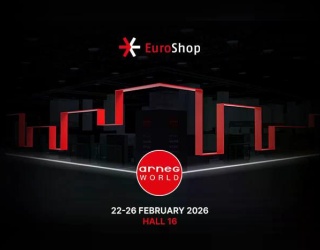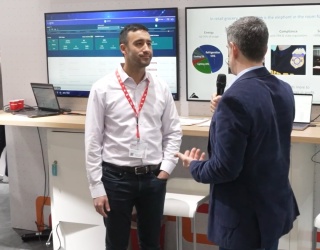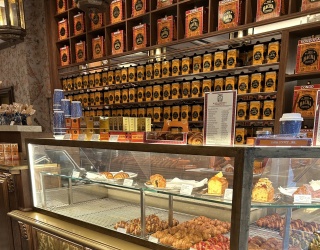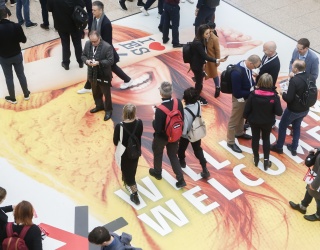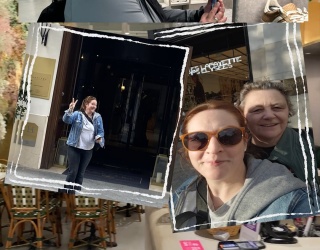METRO GROUP today presented its latest Sustainability Report. On the occasion of the opening of its new Fish Logistics Centre in Groß-Gerau near Frankfurt am Main, the retailing group informed about the progress and targets of its sustainability management. The company has achieved numerous improvements since the Sustainability Board started to work in late 2009. One example for the successful development is the distinct improvement of METRO GROUP’s rating in the renowned Dow Jones Sustainability Index World.
METRO GROUP did better in this year’s evaluation of the Dow Jones Sustainability Index World (September 2010) than last year in all three areas - finance, environment and CSR - and clearly outperformed the industry average. “The decision to develop sustainability into a strategic pillar is already demonstrably paying off", stressed Dr. Michael Inacker, Vice Chairman of the Sustainability Board and Head of Corporate Communication and Public Affairs at METRO GROUP. "We have significantly strengthened the Group’s sustainability profile during the past twelve months and are thereby gaining a competitive advantage".
The establishment of the Sustainability Board in 2009 represented a milestone in the sustainability management of METRO GROUP. Founded with the objective of embedding the issue of sustainability even better across the whole Group, the panel coordinates the group-wide introduction of social and ecologic standards in the same way as the dialogue with important stakeholder groups from politics, industry and society.
The successes achieved since the creation of the Sustainability Board include the conclusion of a partnership of shared responsibility with the United Nations Industrial Development Organization (UNIDO). With this cooperation against hunger in developing countries and economies in transition, METRO GROUP took its tried and tested model of supplier qualification to a new level. Under a first cooperation project in Egypt, suppliers of Makro Cash & Carry are trained in food safety-related subjects to be able to meet the international quality standards specified by the Global Food Safety Initiative (GFSI).
Sustainable fish sourcing
METRO GROUP has also significantly extended its commitment in the field of sustainable fishing. The retailing group has also contributed to the development of an information system which for the first time provides, among others, detailed centralised information about the population situation of commercially exploited sea fish stock. In addition, nearly 100 products in the assortment of METRO GROUP comply with the requirements specified by the Marine Stewardship Council (MSC) for sustainable fishing.
“To further extend our sustainable fish offer we have already been investing into the entire supply chain for many years – from fish farming and fishing through to the fresh fish counter”, explained Jürgen Matern, Head of Strategic Quality Management at METRO GROUP. “Starting from 2011, in addition to the MSC products we will for the first time also offer our customers fish and seafood with the seal of the Aquaculture Stewardship Council (ASC). This seal certificates products from ecologically responsible aquaculture. Thanks to the new Fish Logistics Centre in Groß-Gerau, we can now deliver fresher fish to our stores even faster”.
Measurable progress in energy and resource management
With regard to the diverse activities in the field of energy-efficiency and resource-conservation management, the sales divisions are again able to present measurable successes. In 2009, they succeeded in reducing the groupwide, specific energy consumption per square meter of sales floor by 5 percent as compared to the year earlier. The improvement of the key indicators for energy and paper consumption suggests that METRO GROUP is well on track towards its goal of a reduction in the company’s climate impact. In 2008, METRO GROUP was the first German retailing company to publish a carbon footprint and announce a reduction of its greenhouse gas emissions by 15 percent until 2015 (basis: 2006). To be able to meet its future demand for qualified and motivated employees in view of demographic change, METRO GROUP has again invested into vocational training and continuing education. In each of the years 2009 and 2010, around 2,200 school graduates in Germany received a vocational training position at METRO GROUP allowing for a successful start to professional life.
Outside the company METRO GROUP offered job perspective to a number of people – in particular the socially deprived and low-skilled employees – through vocational training schemes.
METRO GROUP presents achievements in sustainability management
Measurable progress in reducing the carbon footprint
Channels


